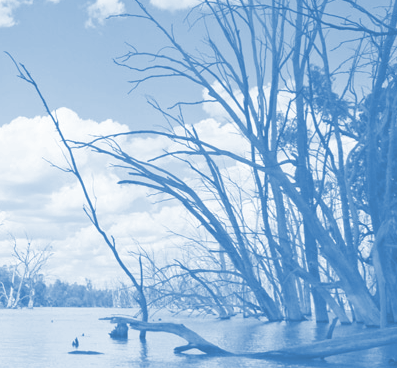Southern states reject review
 State governments in the south Murray-Darling Basin will not help the Commonwealth review their water-sharing.
State governments in the south Murray-Darling Basin will not help the Commonwealth review their water-sharing.
Earlier this month, Federal Water Minister David Littleproud promised protesting irrigators that a review of the water sharing agreement would be undertaken.
After a Ministerial Council meeting in Brisbane this week, Victorian Water Minister Lisa Neville said her state would not participate.
“There is not misuse of water in our system,” Ms Neville said.
“People are not getting an unfair share of water in our system, so why would we take people through a process of a review that gives people an expectation we're about to find a whole lot of water that does not exist, while throwing into doubt the rules that have served us very well in the past?”
South Australian Water Minister David Speirs said his state would not contribute either.
Mr Littleproud says the review will start next week, without the cooperation of some states.
“We made a commitment and we respect the sovereign right of states not to participate,” he said.
“This is about getting trust not only between farmers, but also states.”
New South Wales Water Minister, Melinda Pavey, said Murray-Darling Basin Inspector-General Mick Keelty can “look under the bonnet of New South Wales” and assess its water allocations.
She entered this week’s movie with a threat to walk away from the Basin Plan.
NSW Nationals say the state has no more water to deliver to the environment.
Ms Pavey says although NSW has not left the plan, it will not contribute the final 450 gigalitres included in the plan.
“We are still in the Plan, but we have had major wins and major concessions here today, to acknowledge the challenges that NSW faces,” she said.
“But we have made it very clear we have no more to give to the 450GL.”
NSW is now relying on a 2018 deal between the states that says no water can be recovered unless there is no negative social, economic or environmental outcomes.
Victoria also say it cannot contribute to the 450GL, which is supposed to boost flows to South Australia.
The Productivity Commission has also warned that many of the projects designed to deliver that water are behind schedule, and their environmental benefits not proven.
Mr Littleproud says states “legally must” deliver at least 62GL of that amount.
“There's a rule book that was made back in 2012 and finalised last year,” Mr Littleproud said.
“All states pledged to get to 62GL — after that, obviously it's the Commonwealth that has to try and create an environment where people, community groups and councils come forward with water-saving projects that can go toward that 450 GL.”







 Print
Print